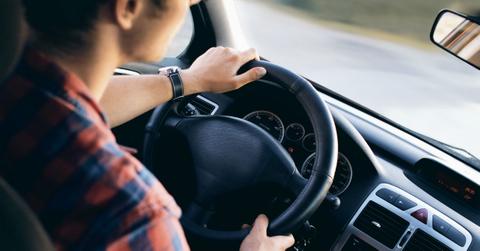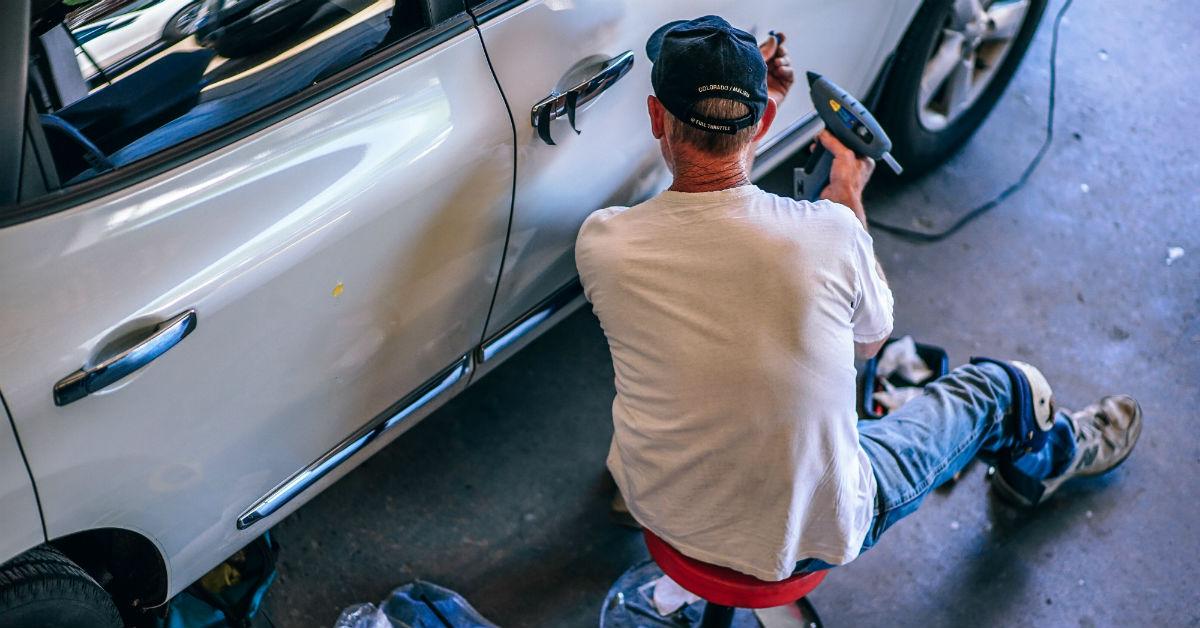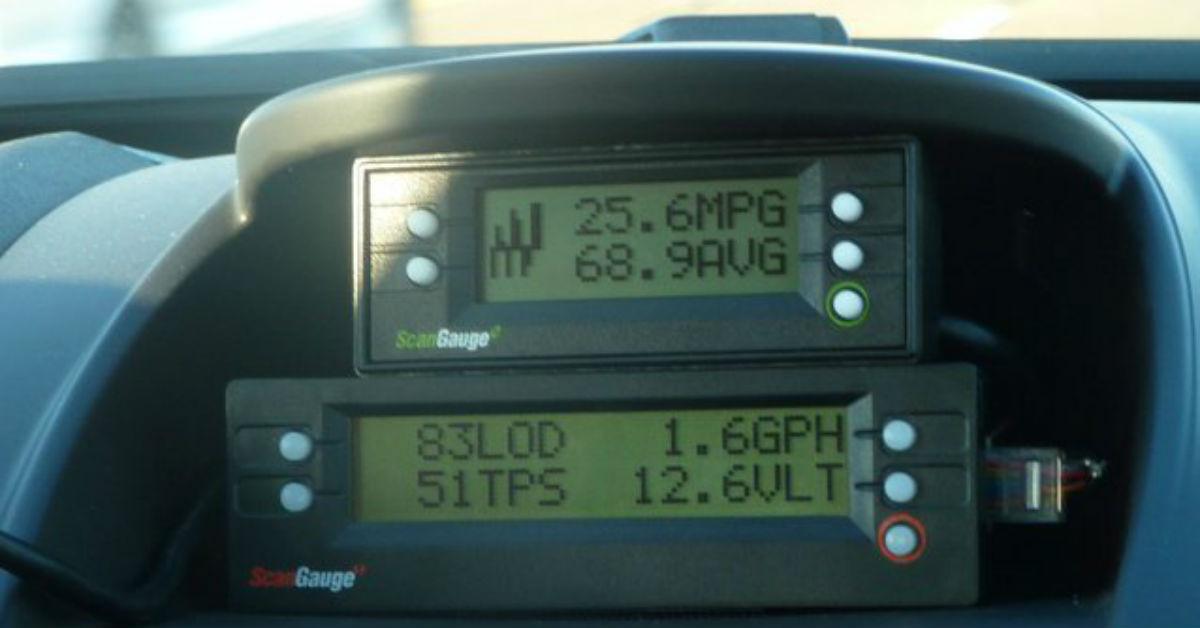8 Ways To Make Your Car More Efficient
Make your gas-powered car less harsh on the environment by boosting your tire pressure and completing seven other simple tasks.
Updated May 31 2019, 2:40 p.m. ET
It’s easier than ever to own an electric car. Manufacturers continue to roll out exciting new models each year, as major store chains and hotels add EV charge stations to their parking lots. The market is there and so are the savings, since electric cars are dramatically cheaper to run, costing 2.3 times less on average than gasoline-burning cars.
But not everyone is ready to make the switch. Replacing cars is expensive and, if you have a perfectly functioning sedan, a bit wasteful. So what can the owners of gas-guzzlers do to lessen their impact on the environment? The answer is simple: Improve their mileage.
Getting more miles per gallon means you’re consuming less fuel, which in turn means you’re saving money you would otherwise spend at the pump. Boosting your car’s fuel efficiency is thus a win-win for you and the planet, so here are eight tips to help you get started.
Check Your Tires
How’s your tire pressure? It’s important to keep an eye on your wheels, because if they’re losing air, they might be dragging down your overall efficiency.
When tires are underinflated, they put a strain on the engine, which has to burn more gas to get them moving. That’s why pumping your tires is one of the most critical steps to improving mileage — as well as one of the easiest.
Clean Out Your Trunk
Another strain on your engine? The crate of softball gear that’s been knocking around your trunk since last summer. Excessive weight forces your car to work harder than necessary, but you can lighten its load by putting items away and keeping your car (reasonably) clean.
Bring Your Car to the Auto Shop
Regular tuning will help your car run better, and a car that runs better also runs more efficiently. So get your oil changed every six months, replace the air and fuel filters, and maintain regular appointments with your mechanic. If something seems off, take your car in right away to avoid pricier and lengthier repairs.
Avoid Sudden Stops
Erratic driving can put a serious dent in your mileage, so try to make your trips as smooth as possible. Roll into stops at traffic lights or signs, and gently coast through congestion on the highway. The less you hit your brakes or accelerate, the better.
Try Cruise Control
An even better way to avoid slamming your pedals? Use cruise control. Maintaining a consistent speed for long stretches of travel conserves your fuel, so you don’t have to fill up at every other rest stop along the way. Just make sure you choose a setting at or under the speed limit, since high speeds also waste gas.
Seek Shade
When the sun is out, try to find a parking spot under a tree or in a deck. Shade can make a big difference in your efficiency, for two reasons. The first has to do with fuel evaporation. The liquid gasoline in your tank tends to transform into vapor at an even faster rate when it’s hot outside, so if you leave your car in a bright space, it’ll overheat and lose more fuel. The shade will mitigate evaporation, but it’ll also do something else — keep your car cooler, so you don’t have to blast the AC the second you step in.
Watch Your Mileage With a Monitor
It’s hard to change your driving habits if you don’t know what you’re doing wrong. That’s why car experts recommend buying a monitor that displays your car’s vital stats on the dashboard. Products like ScanGauge measure your car’s fuel economy, providing cost per mile and the amount of fuel used. These numbers give you something to beat, a concrete goal that’ll lead you towards gas money and emission savings.


